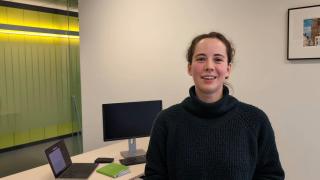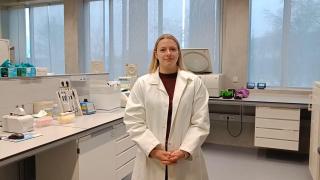Human pluripotent stem cell derived cardiomyocytes for disease modelling and drug discovery
Berend van Meer did his PhD research in the research group of prof. Christine Mummery at the department of Anatomy and Embryology of the Leiden University Medical Center. In this group, human pluripotent stem cell derived (Organ-on-Chip) models are being developed, mostly cardiovascular models. The work of Berend aimed to understand how well these stem cell based cardiac models can predict the effect of (well-known) drug therapies in patients. Importantly, the outcomes of the experiments were compared to very similar measurements in rabbit heart muscle cells. And while animal models predicted less than 70% correctly, the human stem cell based models predicted almost 80% of the expected effects correctly. The research contributes to understanding the relevance of stem cell based models and strengthens the confidence regulators and pharmaceutical companies have in such models as animal alternatives in the drug development pipeline.
Berend van Meer has won the Hugo van Poelgeest prize 2020 for his research on human pluripotent stem cell derived cardiomyocytes for disease modelling and drug discovery.
Christine Mummery's lab on Heart on Chip, Disease modeling and toxicity: https://www.lumc.nl/org/anatomie-embryologie/research/902040935402533/
New

TPI.tv: improving science through animal-free innovations and research

Five simple tricks for making your own video for TPI.tv

Predictive computer models for protein binding
